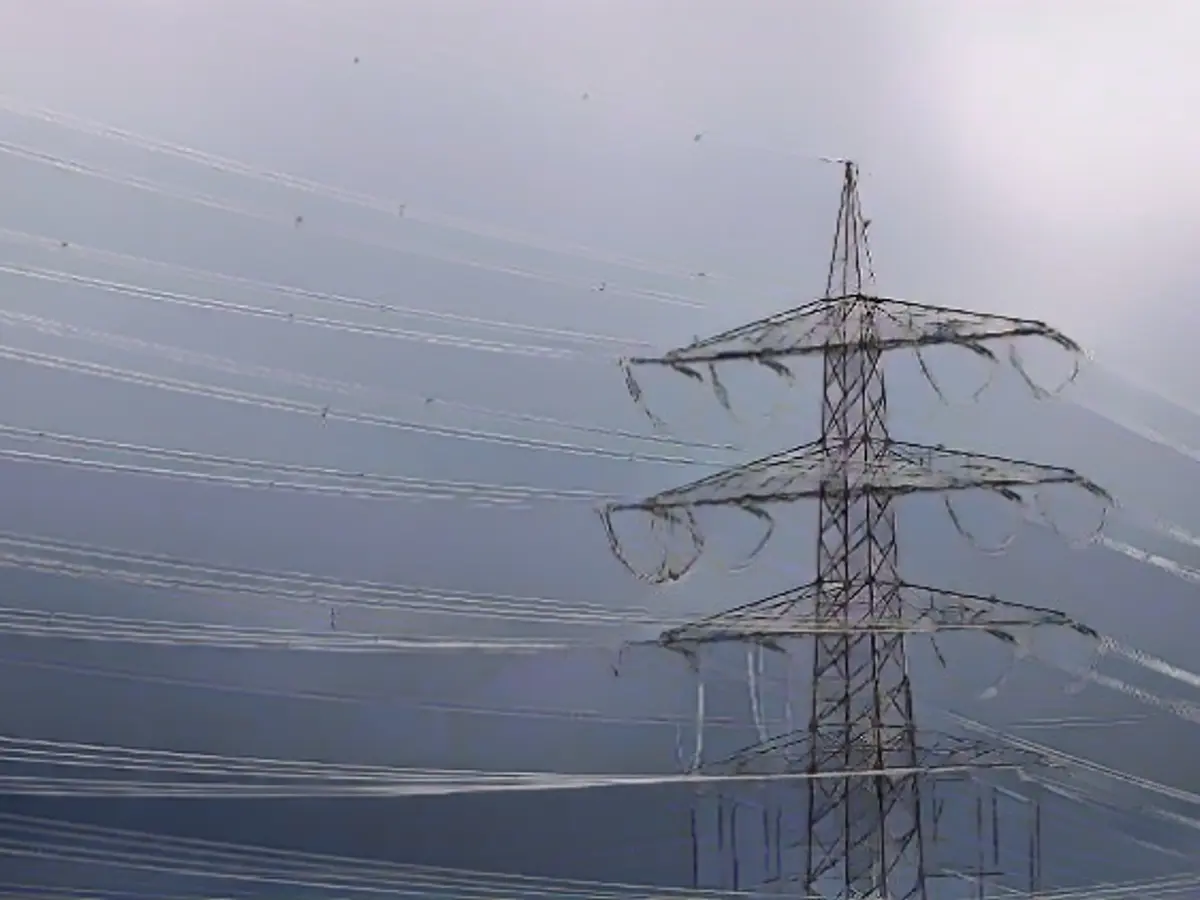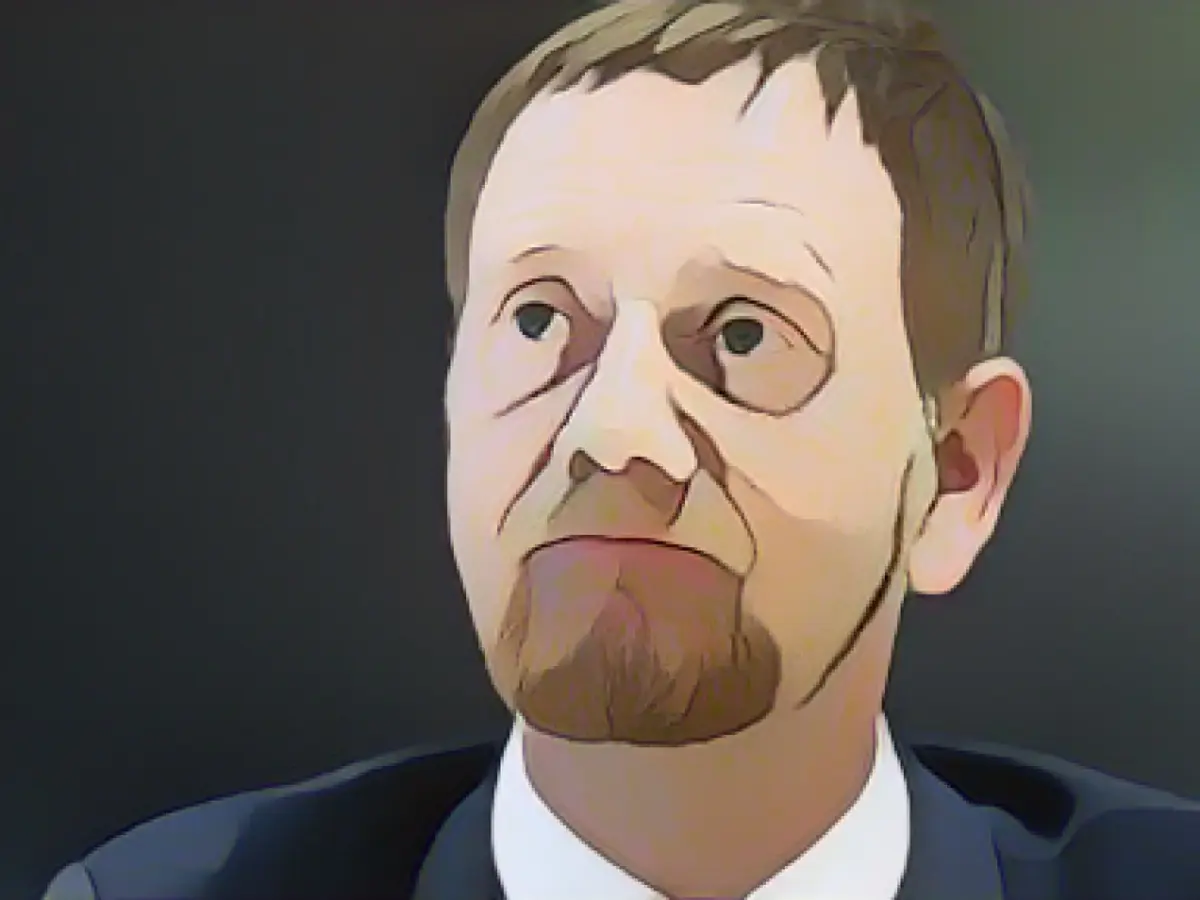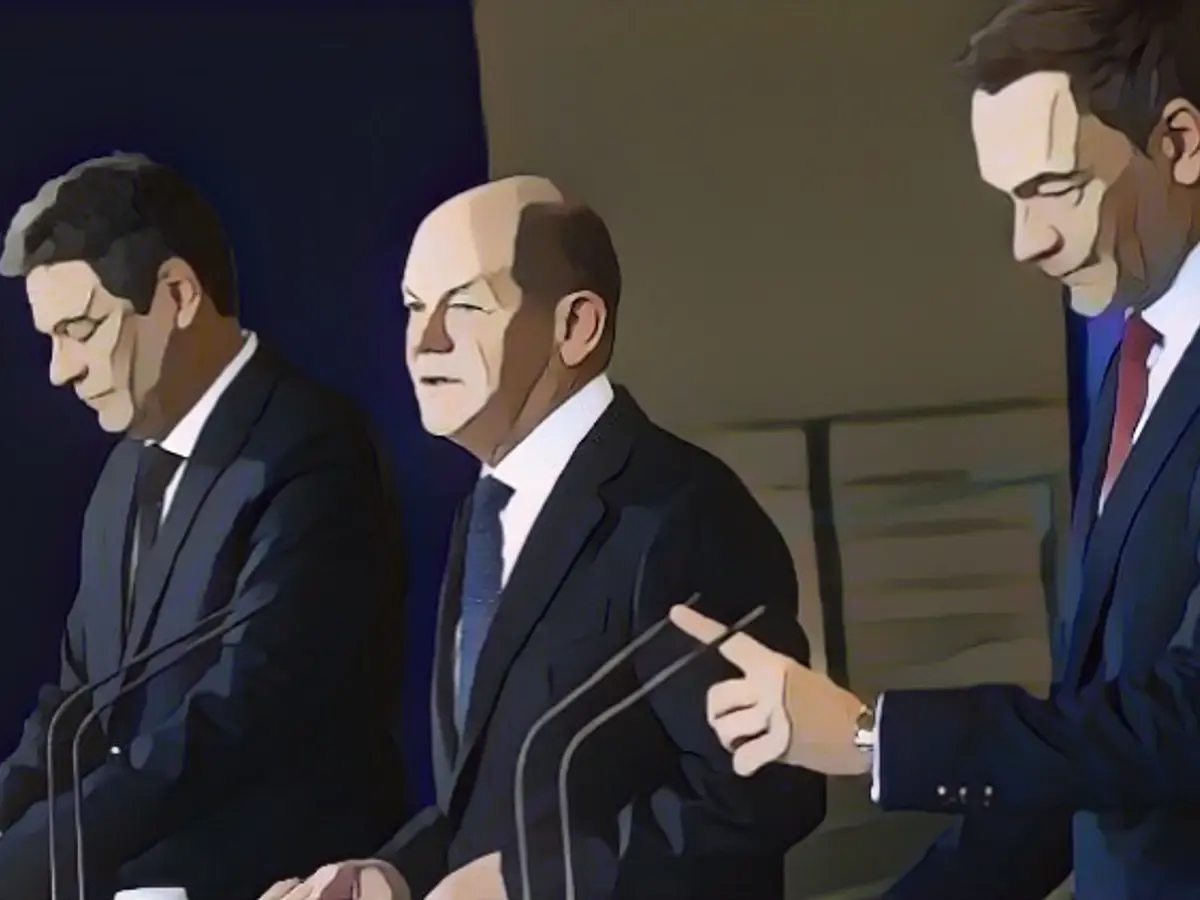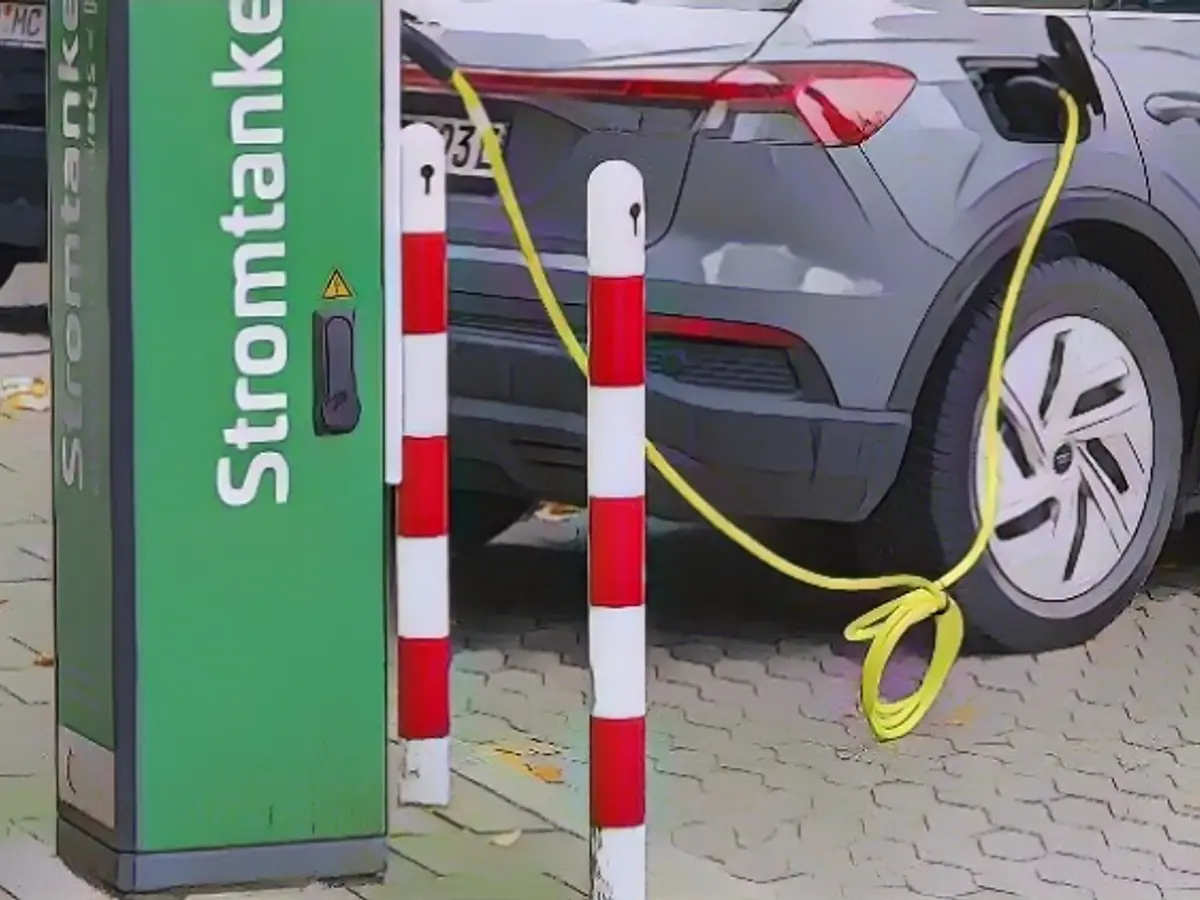Budget Blues and Energy Woes: What's Cooking for German Citizens in 2024?
After a grueling all-nighter, the three-party coalition government - the SPD, Greens, and FDP - reached an agreement on a budget for 2024. If things go as planned, the budget is expected to be approved by the Bundestag on January 19. While the details are still hazy, it's clear that German citizens will have to dig deeper into their pockets for heating, electricity, and fuel expenses.
The hot topic, discussed on the ZDF talk show "Maybrit Illner", is whether citizens can really expect minimal changes in their everyday lives, as promised by Chancellor Olaf Scholz in the face of a reduction in government funding due to a Federal Constitutional Court ruling. However, as Green Party leader Ricarda Lang explained, it's not all doom and gloom.
The Silver Lining
While the new budget does impose additional costs, Lang highlights some positive developments. "We're essentially going back to the path that was already planned by the grand coalition," she explains, stressing that cuts to income tax and the abolition of the EEG levy (an energy surcharge) will significantly offset the costs of the higher CO2 tax. Furthermore, the attacks on the welfare state, for which the CDU/CSU parties are primarily responsible, have been averted. The citizen's income will be increased, and basic child protection will be introduced.
Budget Challenges and Accounting Tricks
However, Hege Braun, the CDU's head of the budget committee, voices concerns about potential "accounting tricks" and "additional burdens on citizens" to circumvent the debt brake. This worry comes amidst speculation that Chancellor Scholz may request an override resolution in the Bundestag if the war in Ukraine intensifies.
Saving Tips and Switching Services
Regardless of the political climate, Hermann-Josef Tenhagen, editor-in-chief of the money guide Finanztip, offers some practical advice. “People simply have to do a lot more themselves,” he suggests, urging individuals to switch energy providers to save money. He points out that new customers often pay as little as 32 cents per kilowatt-hour, compared to the current rate of 44 cents.
Read Also:
Impact of the Federal Constitutional Court Ruling
The ruling by the Federal Constitutional Court has far-reaching implications on budgetary policies for 2024, particularly in regards to energy costs and the debt brake. The coalition government, now consisting of the SPD, Greens, and FDP, will face the challenge of balancing financial constraints with the urgent need for investments in the green energy sector. Some key factors to consider include the split within political parties regarding the debt brake and the need for additional support for households to transition to cleaner heating alternatives.
Resisting Temptations to Raise Debt Levels
To avoid circumventing the debt brake, the coalition government must explore alternatives to increase investments in the green energy sector, such as tapping into philanthropic revenue and encouraging private investment. To achieve this, the government will need to create a favorable business environment, incentivizing green energy start-ups and attracting foreign investors.
In conclusion, the new federal budget for 2024 is set to bring new challenges, especially in the energy sector. The coalition government must strike a delicate balance between adhering to the debt brake whilst addressing rising energy costs and promoting the transformation of the economy. With tough decisions ahead, the future of Germany's energy sector and citizen's wallets hangs in the balance.








